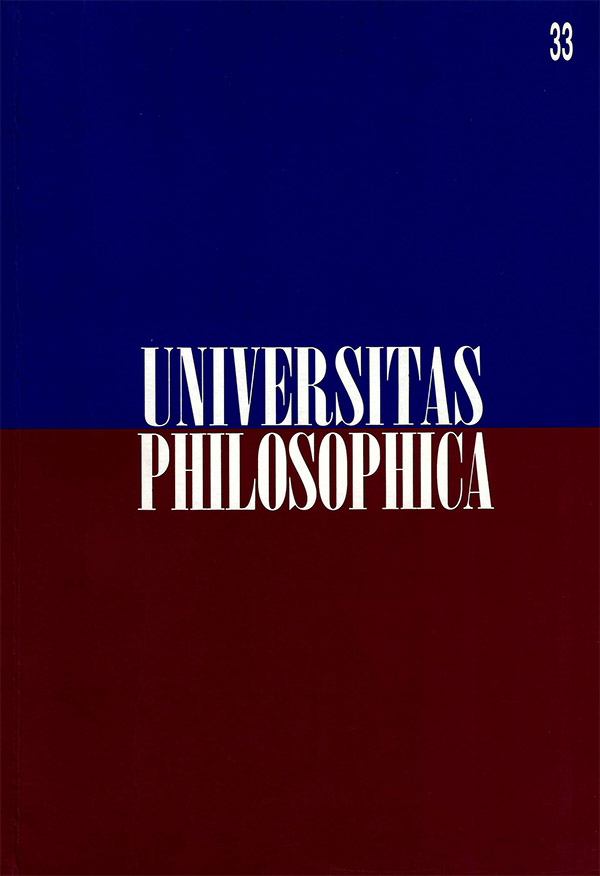Resumo
Este texto intenta desabsolutizar el fenómeno de "tibetinazación" de la cultura hispana del siglo XVII, tal como lo describe Ortega y Gasset. El aislamiento de España con respecto a los países europeos más avanzados de la época fue, según Payné, un fenómeno real, pero relativo. Hoy sabemos que en las dos últimas décadas del siglo XVII España empieza a recuperar el tiempo perdido, tratando de reinsertarse en la "culta Europa", mucho antes de la Ilustración francesa. El mismo proceso de reinserción en la cultura moderna se vive en el Nuevo Reino de Granada antes de la llegada del sabio Mutis en el año de 1760. Como prueba de dicha tesis se destaca, por una parte, el carácter "objetivista" y, por tanto, moderno de la teoría del conocimiento de Juan Martínez de Ripalda en su obra De usu et abusu doctrinae Divi Thomae; y, por otra, se subraya el hecho de que en el Brevis Tractatus de caelo et astris (1693) Mateo Mimbela expone por primera vez las nuevas teorías cosmológicas de Copérnico, Ticho Brahe y Galileo, aceptando algunas de las tesis modernas.Esta revista científica se encuentra registrada bajo la licencia Creative Commons Reconocimiento 4.0 Internacional. Por lo tanto, esta obra se puede reproducir, distribuir y comunicar públicamente en formato digital, siempre que se reconozca el nombre de los autores y a la Pontificia Universidad Javeriana. Se permite citar, adaptar, transformar, autoarchivar, republicar y crear a partir del material, para cualquier finalidad (incluso comercial), siempre que se reconozca adecuadamente la autoría, se proporcione un enlace a la obra original y se indique si se han realizado cambios. La Pontificia Universidad Javeriana no retiene los derechos sobre las obras publicadas y los contenidos son responsabilidad exclusiva de los autores, quienes conservan sus derechos morales, intelectuales, de privacidad y publicidad.
El aval sobre la intervención de la obra (revisión, corrección de estilo, traducción, diagramación) y su posterior divulgación se otorga mediante una licencia de uso y no a través de una cesión de derechos, lo que representa que la revista y la Pontificia Universidad Javeriana se eximen de cualquier responsabilidad que se pueda derivar de una mala práctica ética por parte de los autores. En consecuencia de la protección brindada por la licencia de uso, la revista no se encuentra en la obligación de publicar retractaciones o modificar la información ya publicada, a no ser que la errata surja del proceso de gestión editorial. La publicación de contenidos en esta revista no representa regalías para los contribuyentes.


